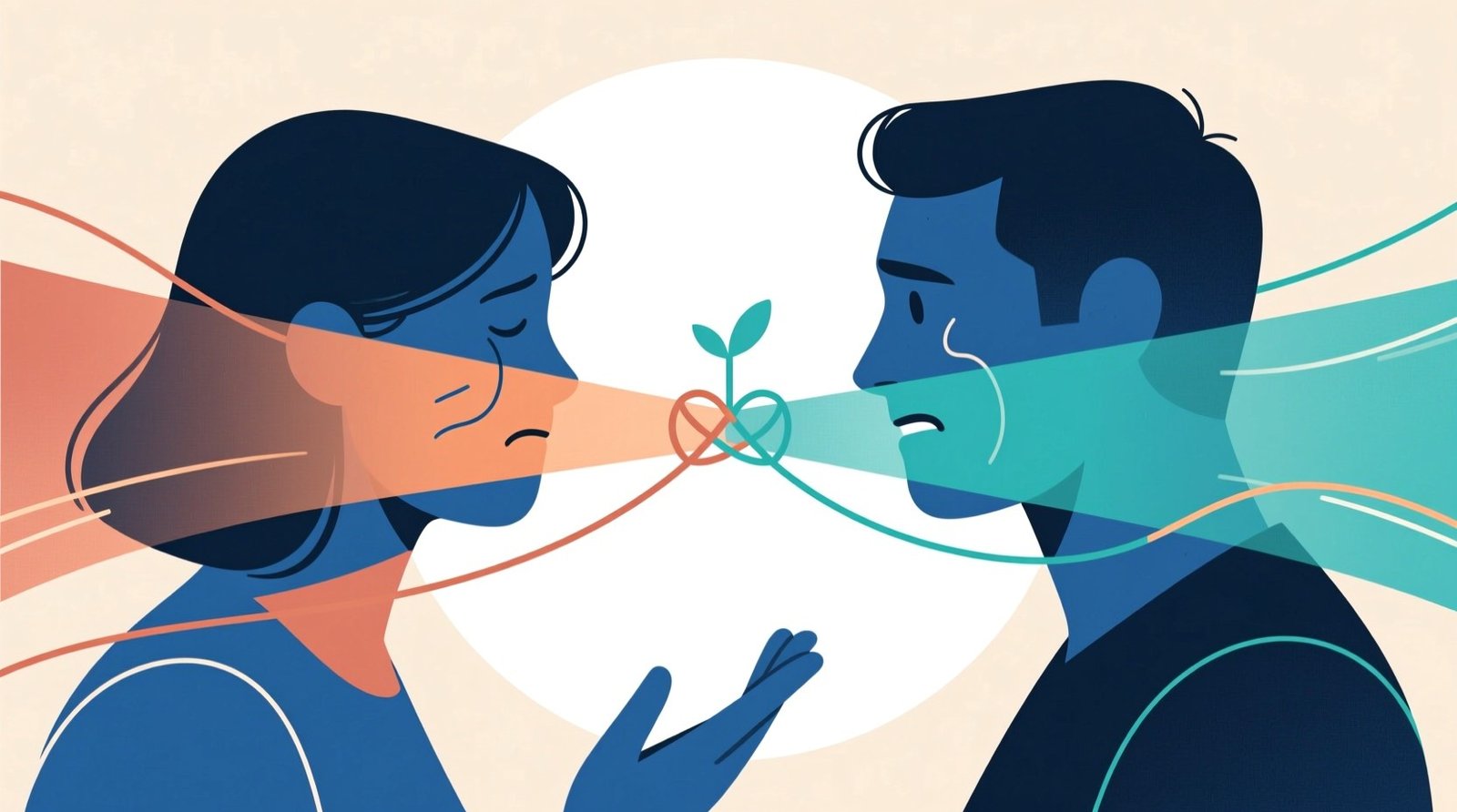
Navigating Challenges: Proven Strategies for Couples Facing Relationship Hurdles
Relationships are a beautiful journey that can bring joy, love, and fulfillment into our lives. However, it is not uncommon for couples to face challenges along the way. These challenges can range from communication issues and conflicts to trust and understanding issues. But the good news is that there are proven strategies and techniques that can help couples overcome these hurdles and build stronger bonds in their marriage or partnership.
Effective Communication for Couples
One of the most common challenges that couples face is communication problems. Effective communication is the foundation of a healthy relationship, and without it, misunderstandings and conflicts can arise. To improve communication, it is important to practice active listening and empathy.
Active listening involves giving your full attention to your partner and really hearing what they are saying. It means not interrupting or jumping to conclusions but instead, taking the time to understand their perspective. Empathy, on the other hand, involves putting yourself in your partner’s shoes and trying to understand their feelings and emotions.
Another important aspect of effective communication is expressing yourself clearly and assertively. It is important to communicate your needs, desires, and concerns in a respectful and non-confrontational manner. Using “I” statements can be helpful in expressing your feelings without blaming or criticizing your partner.
Conflict Resolution in Relationships
Conflicts are inevitable in any relationship, but it is how we handle them that determines the health of our partnership. Conflict resolution involves finding a solution that is mutually beneficial and respectful to both partners.
One effective strategy for conflict resolution is to take a break when emotions are running high. It is important to give yourself and your partner some space to calm down and reflect on the situation before trying to resolve the conflict. During this break, it can be helpful to engage in self-care activities such as deep breathing, going for a walk, or journaling.
When you are ready to address the conflict, it is important to approach the conversation with a calm and open mindset. Avoid blaming or attacking your partner, and instead, focus on expressing your feelings and needs. Use “I” statements and avoid generalizations or sweeping statements.
Another important aspect of conflict resolution is finding common ground and compromise. It is important to listen to your partner’s perspective and be open to finding a solution that meets both of your needs. Remember, a healthy relationship is not about winning or losing, but about finding a resolution that strengthens your bond.
Building Stronger Bonds in Marriage
Building a strong and lasting bond in marriage requires effort and commitment from both partners. It involves nurturing the emotional connection and creating a safe and supportive environment for each other.
One strategy for building a stronger bond is to prioritize quality time together. In the hustle and bustle of daily life, it is easy to neglect the importance of spending quality time with your partner. Make it a priority to have regular date nights or dedicated time for meaningful conversations and activities that you both enjoy.
Another important aspect of building a stronger bond is practicing emotional intelligence. Emotional intelligence involves being aware of your own emotions and the emotions of your partner. It means being able to express and regulate emotions in a healthy and constructive way.
Practicing empathy and understanding is also crucial in building a stronger bond. Make an effort to truly understand your partner’s perspective and validate their feelings. Show them that you are there for them and that you value their emotions and experiences.
Trust and Understanding in Relationships
Trust is the foundation of any healthy relationship. Without trust, it is difficult to build a strong and lasting bond. Building trust involves being honest and reliable, and following through on your commitments.
One strategy for building trust is to communicate openly and honestly with your partner. Be transparent about your thoughts, feelings, and actions. Avoid keeping secrets or hiding information, as this can erode trust over time.
It is also important to be reliable and consistent in your actions. Be someone that your partner can depend on and trust. Follow through on your promises and commitments, and be there for your partner when they need you.
Understanding is another important aspect of building trust. Make an effort to understand your partner’s needs, desires, and boundaries. Respect their boundaries and be supportive of their goals and aspirations. Show them that you are committed to their well-being and happiness.
In conclusion, relationships are not always smooth sailing, and couples may face challenges along the way. However, by implementing proven strategies and techniques such as effective communication, conflict resolution, building stronger bonds, and fostering trust and understanding, couples can overcome these hurdles and create a fulfilling and lasting partnership. Remember, it takes effort and commitment from both partners to navigate these challenges and build a strong and resilient relationship.





